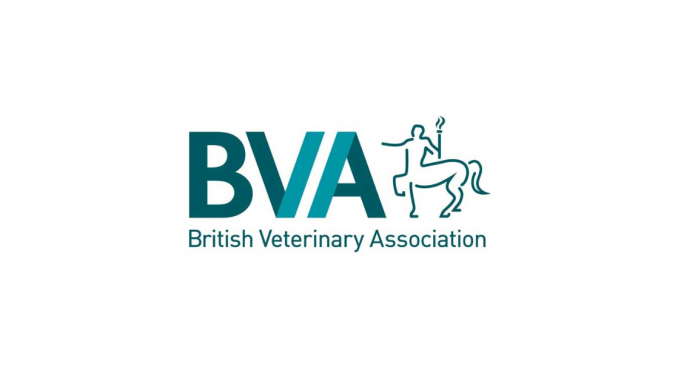
The British Veterinary Association (BVA) is urging vets to report unregulated canine fertility clinics to relevant authorities as it doubles down on calls for urgent regulation.
The move comes as BVA’s latest Voice of the Veterinary Profession survey reveals that more than 9 in 10 (93%) vets are either ‘very’ or ‘quite’ concerned about the boom in unregulated canine fertility clinics. Worryingly, among vets who work in companion animal practice, 30% said they were aware of such canine fertility clinics operating in their local area.
However, despite high levels of concern, most vets (78%) said they were not aware of the mechanisms for reporting such clinics. Among vets who were aware, less than one in twelve (8%) had reported any clinics, equating to just 2% of all vets.
BVA Senior Vice President Justine Shotton said:
“Our survey reflects the magnitude of vets’ concern around canine fertility clinics popping up across the country with no veterinary oversight and should serve as a wake-up call for urgent regulatory action.
“While non-surgical procedures can play an important role in breeding programmes, we are clear that they must always be carried out under the advice and care of a vet and in the interests of dog health and welfare.
“We know that many fertility clinics often focus on the most in-demand breeds such as French bulldogs, which can struggle to mate and whelp naturally. BVA is very concerned about artificial insemination being used in such cases, as well as in cases where dogs with inherited diseases and conformation-related issues are used for breeding. We are also aware of worrying reports that some fertility clinics are advertising prohibited or dangerous procedures such as surgical artificial insemination.”
Vets responding to BVA’s survey emphasised the need for stronger regulation of canine fertility clinics. Many vets also said that clinics should be inspected and given tough penalties if found to be operating outside the law. BVA is highlighting the following reporting details so that vets can help authorities take relevant enforcement action:
- England: contact your local Trading Standards office at https://www.gov.uk/find-local-trading-standards-office.
- Scotland: contact the Scottish SPCA on 03000 999 999 or via the website at https://www.scottishspca.org/contact-us.
- Wales: email Welsh Animal Licensing Unit, who provide the central hub for animal licensing issues in Wales, at animallicensing@monmouthshire.gov.uk.
- Northern Ireland: email DAERA’s dedicated mailbox for concerns about dog breeding and trafficking, Paws For Thought, at pawsforthought@daera-ni.gov.uk.
Speaking about the vet profession’s important role in curbing down on unregulated clinics and prohibited practices, Dr. Shotton added,
“I’d encourage vets to develop a practice protocol for reporting concerns of this nature and to make a note of the country-specific reporting mechanisms relevant to them. The more information the authorities have, the easier it is for them to take enforcement action. Working together we need to send a strong message that these animal welfare breaches are unacceptable.
“As veterinary professionals, we also need to work with, and support, our clients who are breeding responsibly and re-double our efforts to reach prospective puppy owners to help them make the right decisions when they choose a new pet.”
Leave a Reply